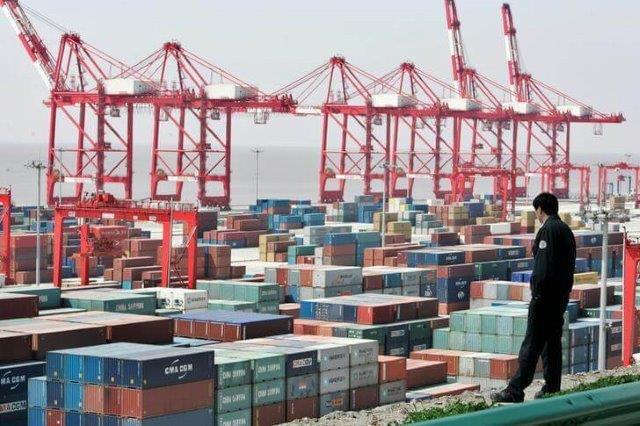
Globalization is generally understood to include two inter-related elements: the opening of international borders to increasingly fast flows of goods, services, finance, people and ideas; and the changes in institutions and policies at national and international levels that facilitate or promote such flows. As we enter the fourth wave of globalization, compelled by the digital mutiny, there is changed debate over whether it is a valuable force: powering economic growth, and allowing the spread of ideas to improve people’s lives; or whether it wears down the communities, and broadens the gap between the elites and the rest of the world.
Businesses need ways to keep their engines running and the challenge in global economy right now is disruption in supply chain. Supply chain disruptions have adversely impacted the brand performance and supply chain risk management and contingency has emerged as the tool, which if strategically implemented can avoid the prevalent risks and makes sure the continuity in process.
According to the research, a company can achieve a competitive advantage by establishing a resilient supply chain that can adapt to changes in the business environment. Based on interviews with more than 150 executives however, it was found that 73% of the firms experienced a supply interruption recently, and of these, 48% expected the risk of rupture to increase in the next three years.
There’s no supply chain security, every one depends on China who was impoverished nation just four decades ago, and it has become an essential part of the modern global industrial machine. It alone accounts for roughly one-sixth of global economic output, and is the world’s largest manufacturer. But we cannot afford the luxury of international carrier transits, in-person meetings and face to face interactions anymore.
In the present situation, e-commerce is a boat everyone needs to get on. Large businesses need to think and act Local. Local supply chains need to be flourish. Globalization gave us a boost and is now killing us as well, but as long as people keep spending money, Capitalism survives and so do we.




